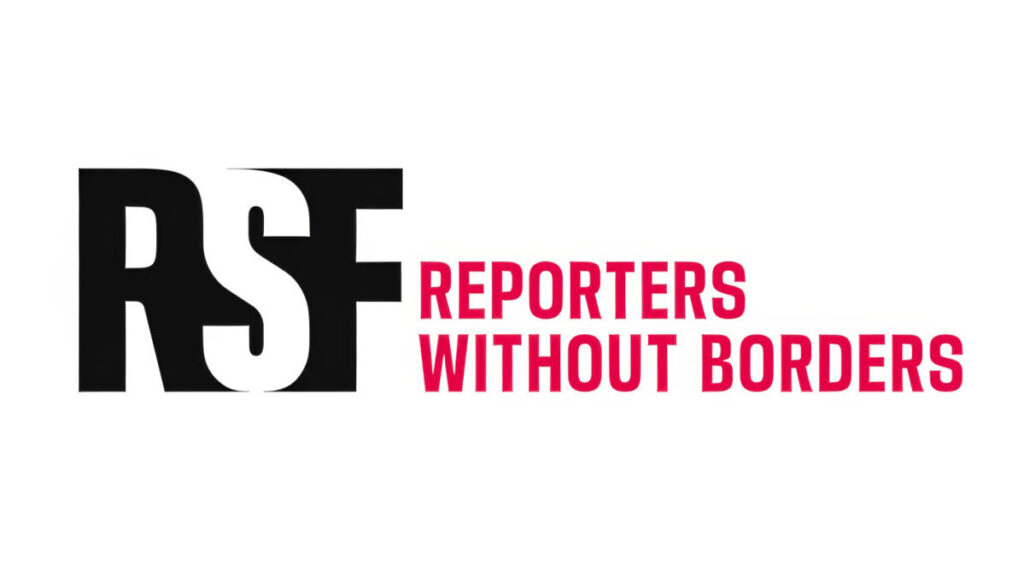Reporters Without Borders (RSF) recently announced its decision to pursue criminal charges against X (formerly Twitter) in France, citing the platform’s complicity in spreading disinformation that was leveraged by the Kremlin to promote pro-Russian narratives and discredit Ukraine. This dramatic step stems from RSF’s commitment to combating false narratives reported on the platform, which they claim X has knowingly allowed to persist despite being alerted to the inaccuracies. RSF’s director of advocacy, Antoine Bernard, emphasized that the organization’s legal actions represent a final effort to counteract the spread of these deceptive stories. He characterized X’s inaction as a clear complicity in disseminating misleading content and highlighted the platform’s responsibility in addressing such issues.
In September, RSF published a thorough investigation that revealed how Russia had planted a fabricated video designed to mimic a legitimate BBC production, complete with the organization’s logo. This misleading video falsely suggested that RSF had conducted a study showing a significant number of Ukrainian soldiers who sympathize with Nazism. This type of propaganda, which positions Ukraine as a pro-Nazi nation, has been a recurring tactic since the onset of Russia’s invasion in 2022. Such narratives are intended to bolster support for the Russian government’s war efforts, amidst mounting evidence of the horrific impact of the conflict, which is estimated to have claimed over a million Ukrainian lives.
The RSF investigation traced the origins of the disinformation to an account named “Patricia,” which claimed to operate as a translator in France. However, upon further examination, they discovered that the profile picture for this account was sourced from a Russian website known for generating images of blonde women for social media avatars. Additionally, RSF noted that the account’s name appeared to be auto-generated by X. Further insights were gained from Grok, X’s AI chatbot, which indicated that the Patricia account expressed strong pro-Russian sentiments while harshly criticizing Ukraine and its supporters within Europe, thereby illustrating the account’s role in pushing the Kremlin’s agenda.
The video quickly gained traction, disseminated widely by a network of individuals including pro-Kremlin entrepreneurs, Kremlin spokespersons with substantial followings on social media, and influential bloggers known for their unwavering support of President Putin. RSF posited that the Russian authorities had effectively engaged in a form of “information laundering”, whereby the false narrative was recycled through official channels to lend it a veneer of credibility. The organization reported that the controversial video accumulated approximately half a million views across X and Telegram platforms, encapsulating the profound impact of such disinformation in shaping public perception.
In an effort to rectify this situation, RSF filed ten reports through X’s content reporting system, which is part of the EU’s Digital Services Act (DSA). The organization expressed frustration with X’s subsequent rejections and the requests for further information that followed, maintaining that they had fulfilled all reporting requirements. Ultimately, none of these reports resulted in the removal of the defamatory content. The inaction from X prompted increased scrutiny about the platform’s role in enabling misinformation, especially in the context of a larger narrative surrounding Russia’s attempts to manipulate public discourse on a global scale.
Adding to this complex scenario, the U.S. Justice Department uncovered a Russian propaganda network that utilized nearly a thousand accounts to promote pro-Kremlin narratives on X, with those accounts posing as American users and often using AI-generated identities. Moreover, recent reports have surfaced detailing private communications between Elon Musk and Vladimir Putin, painting a picture of a closely held connection between the two figures amid rising concerns about the influence of foreign entities on American platforms and the information landscape. This backdrop raises crucial questions about the responsibility of platform owners and the need for accountability in light of growing propaganda efforts targeting Western narratives.
In summary, RSF’s legal actions against X signal a critical juncture in the fight against misinformation, particularly as it pertains to the ongoing conflict in Ukraine. The organization holds that X’s inaction and complicity have allowed a dangerous climate of disinformation to flourish, undermining the integrity of both the platform and broader public discourse. RSF’s efforts to hold X accountable reflect a broader call to action for social media companies to prioritize truth and transparency while vigilantly guarding against the manipulation and dissemination of harmful propaganda. As the stakes continue to rise amid geopolitical tensions, RSF’s movement underscores the urgent need for platforms to take responsibility for the content shared within their digital spaces.

